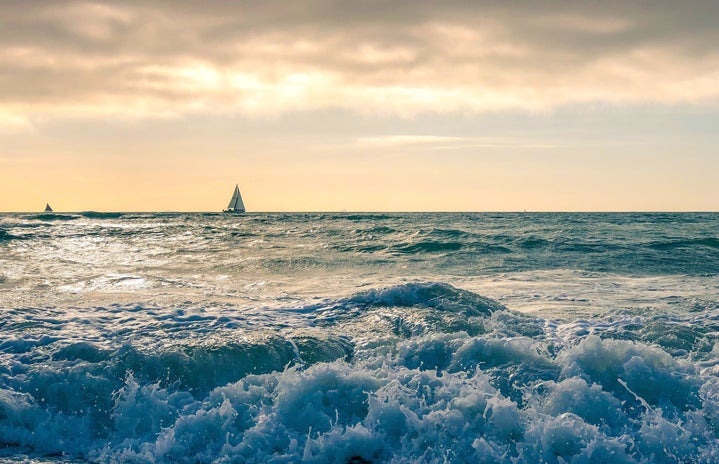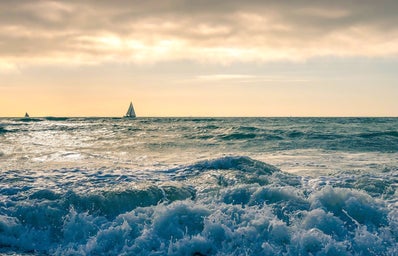The manatee, an iconic Florida native species, is essential for Florida’s biodiversity. Manatees play an important role in Florida’s ecosystem and ecotourism industry. While previously, the manatee population has been threatened, in the past 5 years, much of the fear of extinction of this species has subsided.
However, in the past year, more than 1,100 manatees have died in Florida. This is double the previous five-year average of manatee deaths and comes out to 12% of the total manatee population.
This rapid decline of manatees has resulted from pollution from both urban and agricultural sources. The pollution leads to an increase in algae, which in turn kills the seagrass that manatees eat in the colder winter months. With less food available, hundreds of manatees have been starving to death. Additionally, manatees also face threats from toxic blooms of red tide, habitat loss and boat strikes.
Due to this sudden surge of deaths within the manatee population, conservation groups including the Center for Biological Diversity, Defenders of Wildlife and Save the Manatee Club have sued the federal government. The plaintiffs allege that the U.S. Fish and Wildlife Service failed to designate specific areas of protection for the manatees. As quoted in the lawsuit, 12 years ago the U.S. Fish and Wildlife Service determined that these critical protection areas were necessary but then never proceeded to implement them.
There are alternative measures that can be taken to help manatees survive. Planting more seagrass can increase the food availability for manatees and help the ecosystem recover by purifying the water. Measures can be taken to decrease the amount of pollution and slow down the rate at which the ecosystem and lagoons where the manatees live are altered.
Chloe Swab, a University of Florida marine science major and UF Student Animal Alliance board member, shared her own perspective on the manatee crisis. “ I currently am taking a marine mammal class and we took a trip to Crystal River and Zoo Tampa to see manatees. This was an incredible experience to see manatees in both their natural habitat and being rehabilitated but I worry for their future, as their main food source seagrass is facing a huge die-off. Overall, I think this is a terrible issue that is a direct result of poor nutrient management and conservation strategies on the Florida coastline.”
Hopefully, this lawsuit will encourage the U.S. Fish and Wildlife Service to finally designate a protected habitat for the manatees.


